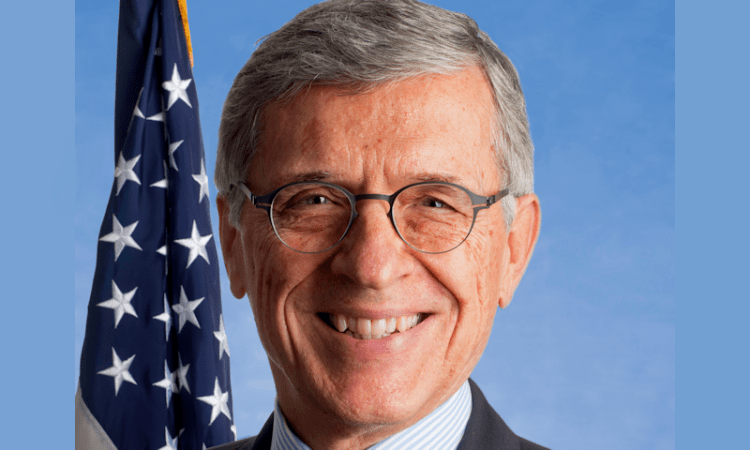With Federal Communications Commission chairman Tom Wheeler about to release a new regulatory approach to the Internet — one that would reclassify it as a public service — people in Washington are bracing for a legal and political fight that may leave all sides unhappy.
UPDATE Feb. 4: Wheeler has published an open letter in support of this exact position.
A well-placed Washington, D.C., source told VentureBeat today that the New York Times story from Monday reporting the reclassification contained information intentionally leaked by the commission. The source also said that Wheeler is definitely preparing to propose a plan that would make the Internet a public utility-like telecommunications service as defined by Title II of the Communications Act of 1934. The Title II reclassification will apply to both wired and wireless broadband, the source said.
Wheeler believes a reclassification to Title II will give the commission the legal framework and the authority to enforce network neutrality rules on Internet service providers (ISPs) like Verizon, AT&T, and Comcast. This means that the commission will be able to make sure no carrier gives priority to one Internet content provider’s data packets over those from another.
Proponents of a Title II reclassification also believe the move is necessary to permit the FCC to collect universal service fees on data service and to implement privacy regulations.
Our source says that after the Title II reclassification becomes official, AT&T and Verizon will file lawsuits almost immediately.
AT&T VP of federal regulatory Hank Hultquist seems to set the table for a lawsuit in a blog post Monday. Hultquist explains his company’s position that the broadband service it sells is actually an “information service” and not a telecommunication service as described in Title II. It also argues that the FCC simply has no authority to reclassify broadband without first completing a complete study of the existing marketplace.
“I have no illusions that any of this will change what happens on Feb. 26. But when the FCC has to defend reclassification before an appellate court, it will have to grapple with these and other arguments,” Hultquist wrote. “Those who oppose efforts at compromise because they assume Title II rests on bullet proof legal theories are only deceiving themselves.”
Remember that the whole reason the FCC was forced to create a new “Open Internet” regulatory plan was because Verizon sued the commission over its legal standing to regulate network neutrality — and won.
The threat of the lawsuits, and prospect of months or years of legal wrangling, is giving some in Washington pause today, the source says. It might spur members of Congress on both sides of the aisle to reach an accord over a new network neutrality law.
The law, in fact, has already been introduced: The legislative proposal provides protections against Internet “fast lanes,” but it does not go so far as to reclassify the Internet under Title II.
The bill is sponsored by a couple of Republicans — Sen. John Thune (R-S.D.) and Rep. Fred Upton (R-Mich.) — and has almost no support from congressional Democrats. The Republicans will need a certain critical mass of Democratic support to make the bill progress and to apply pressure on the president to sign it. Any bill that smells of compromise on giving the FCC power to regulate network neutrality might give Barack Obama reason to seriously consider a veto.
The punchline here is that even without the lawsuits, the FCC could take up to a year applying such a new regulatory framework to the ISP market. There’s a very good chance, and many are thinking about this in the capital today, that we’ll be looking at the beginning of a new administration (and possibly a new FCC chief) before this major shift in Internet regulation becomes a reality.


